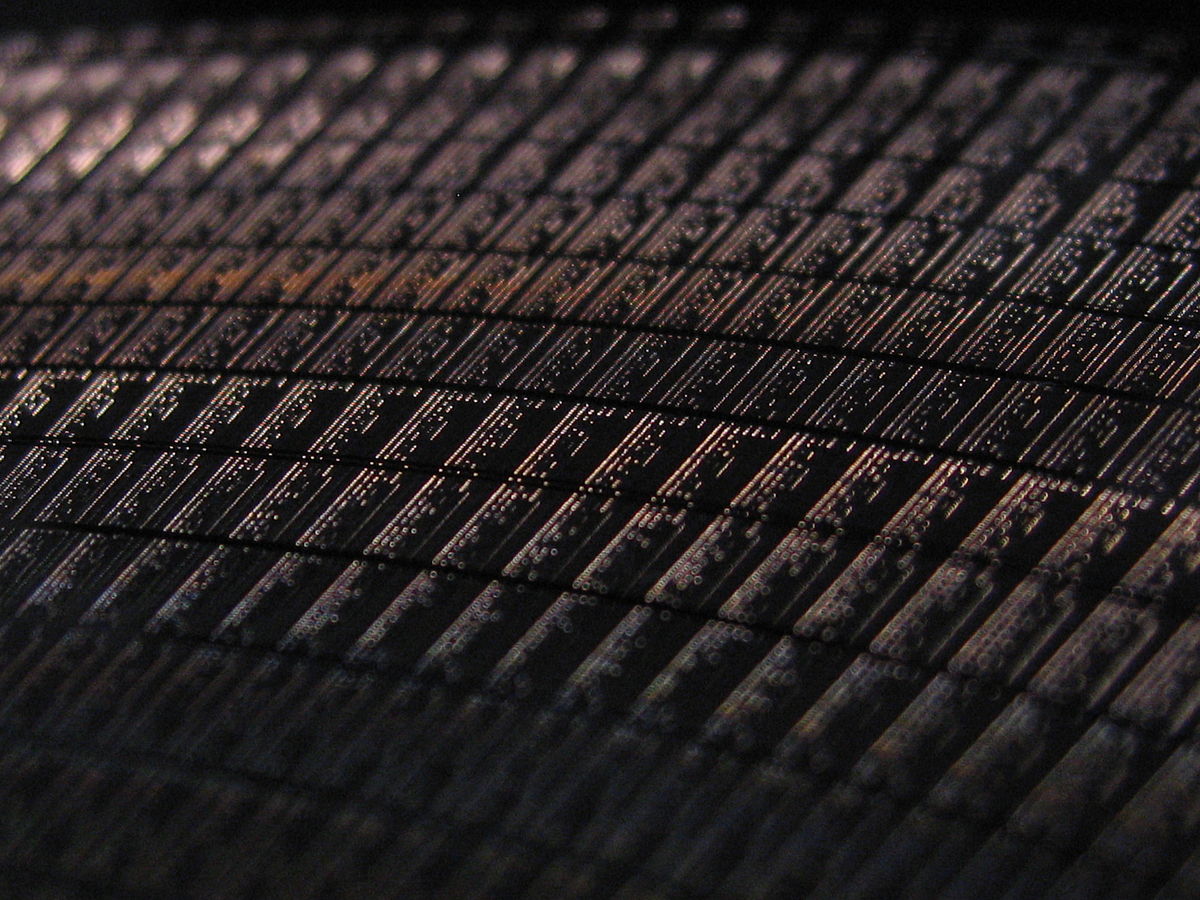MakeMineVinyl
Major Contributor
I've posted this before, but this distortion and spectra is what one would typically see from analog tape. This is from my Ampex 354, running SM-468 tape at 250nWb/m (which is '+3dB'). Notice the even order distortion is suppressed, with the 2nd order component is just peaking though. This is a professional vacuum tube machine. 60Hz hum and its harmonics are present, but at all but very high listening levels (where hiss would be very intrusive), it is inaudible.

Last edited:


